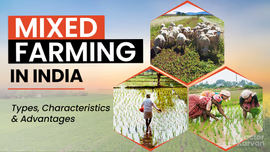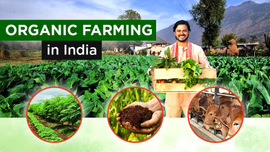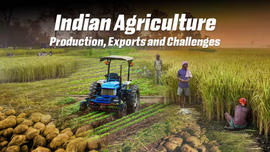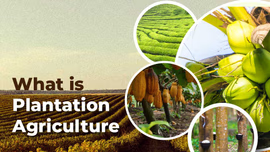Innovation of Indian Agriculture with Modern Technology

Table of Contents
- What is Modern Agriculture Technology?
- Importance of Modern Agriculture Technology in India
- Use of Modern Agricultural Tools in India
What is Modern Agriculture Technology?
The use of modern tools and farming practices to enhance the farm efficiency, productivity and sustainability and reduce resource use is known as modern agriculture technology. It includes agricultural robots, drones, soil sensors, etc. Let’s understand the importance of modern agricultural technology and each tool in more detail below.
Importance of Modern Agriculture Technology in India
- The use of modern agricultural tools reduces time and farm activities, as less labour is required, resulting in more efficient work.
- It requires less water use, pesticides and fertilisers, resulting in lower food prices and better environmental sustainability.
- The use of modern agricultural tools produces better-quality food as it allows for better control over irrigation, pest management, etc.
- Despite having high initial investment, it results in long term cost savings by reducing the cost of the labour.
Use of Modern Agricultural Tools in India
Let’s have a look on some of the modern technologies used in agriculture below.
Drones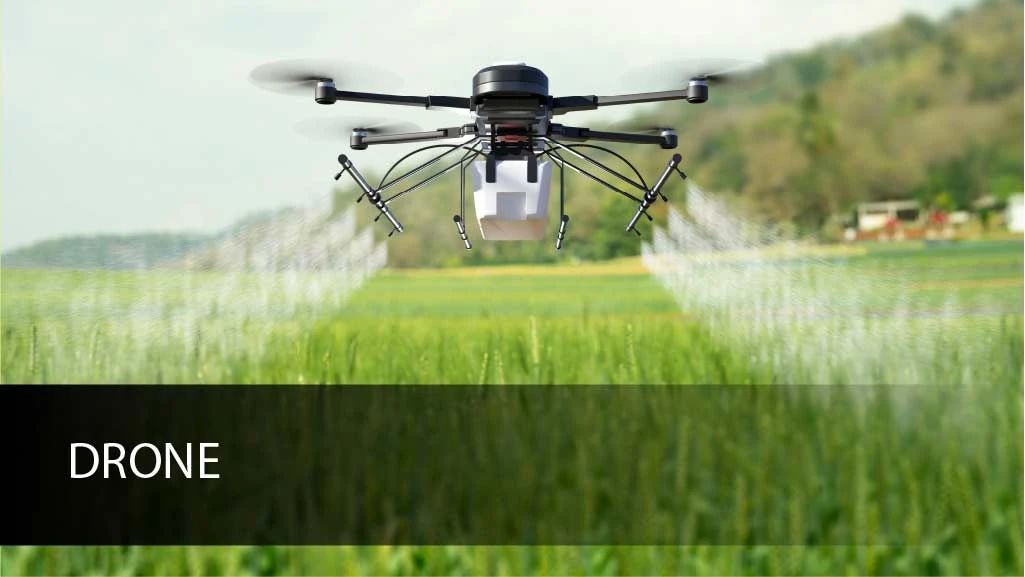
Drones are used for mapping, surveying, and crop monitoring. They help analyse soil health, livestock management, and irrigation practices. Drones are controlled by remote operators and work by propellers that help them fly. Drone cameras and automated drone seeders are usually used in agricultural activities.
Soil Sensors
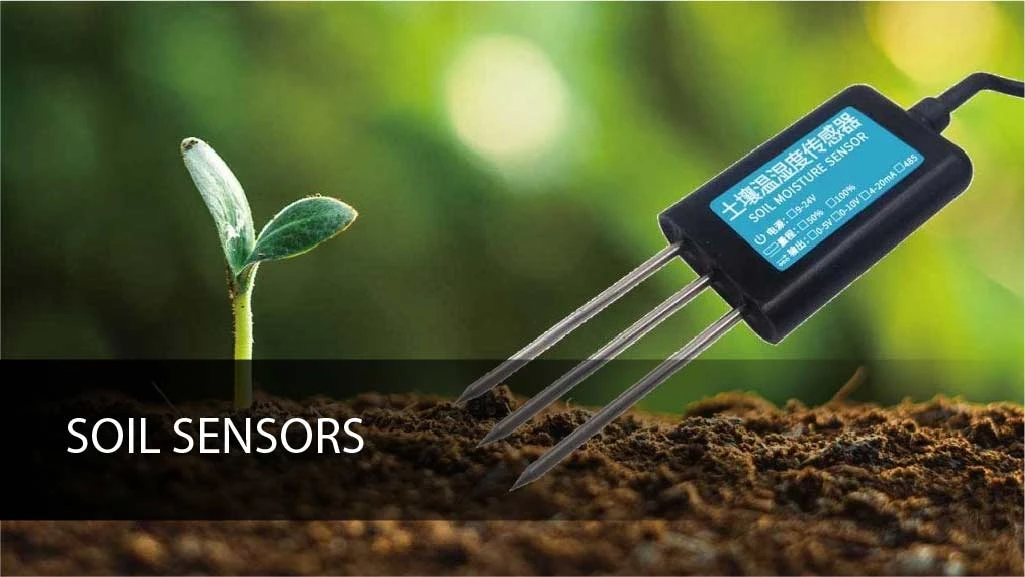
Soil sensors have sensing elements that measure the moisture level of the soil, temperature, and overall crop growth. These sensors transmit the data wirelessly, helping farmers adjust their agricultural practices accordingly. After receiving the signals, the controllers automatically control systems like weather conditions, irrigation, etc.
Agricultural Robots
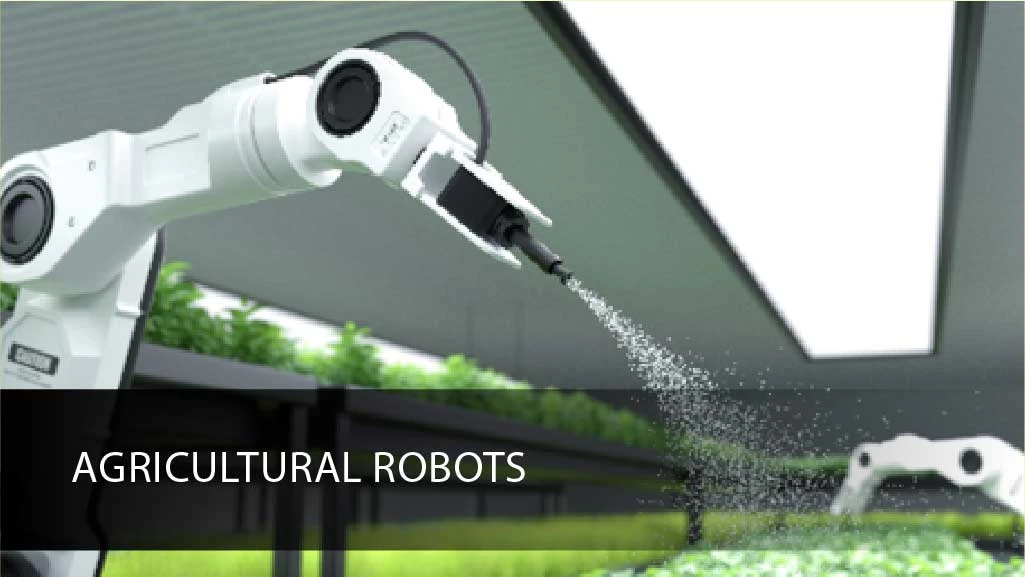
Agricultural robots are robotic devices used to improve agricultural processes. These devices perform various tasks such as harvesting crops, picking fruits and vegetables, applying pesticides, and even cutting grass. Using robots in agriculture instead of human labour saves time and energy.
Weather Monitoring
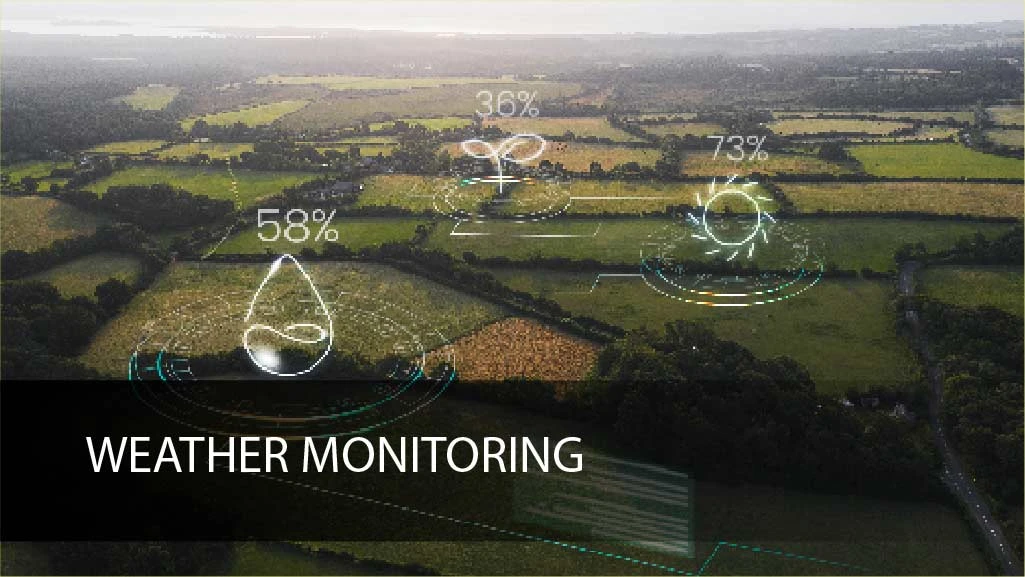
Weather monitoring helps farmers to access the real time data to decide when to sow, irrigate and harvest a crop. Weather apps or weather forecasting websites are helpful to get to know about weather monitoring better. These apps give timely alerts and instant warnings in case of emergency.
GPS Guided Tractors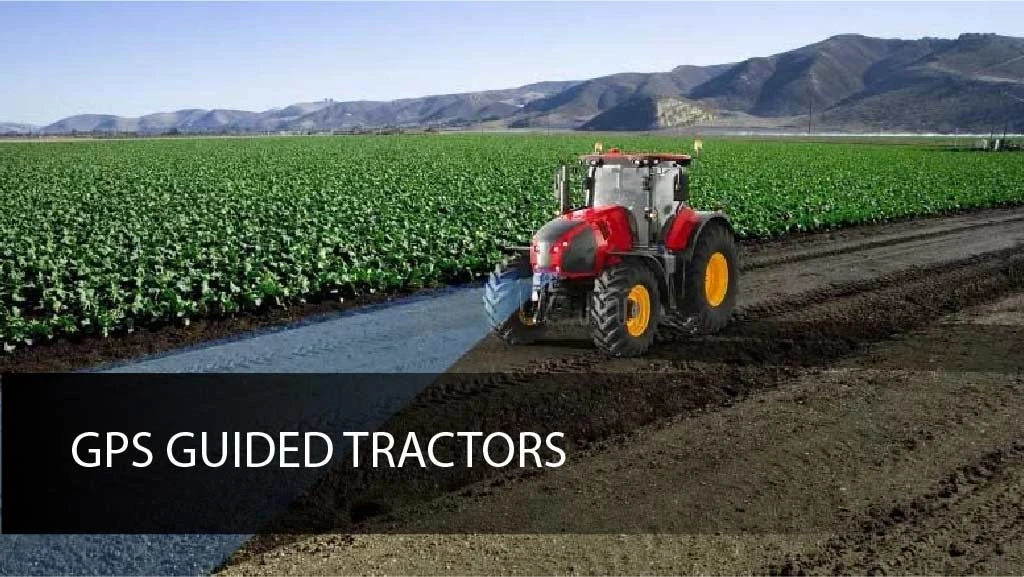
GPS guided tractors use global positioning system (GPS) signals to locate the data, then move forward by the tractor’s GPS receiver. With the help of these GPS tractors, farmers can easily navigate the farm field. This helps to improve crop yields and enhances the overall efficiency.
Smart Irrigation Systems
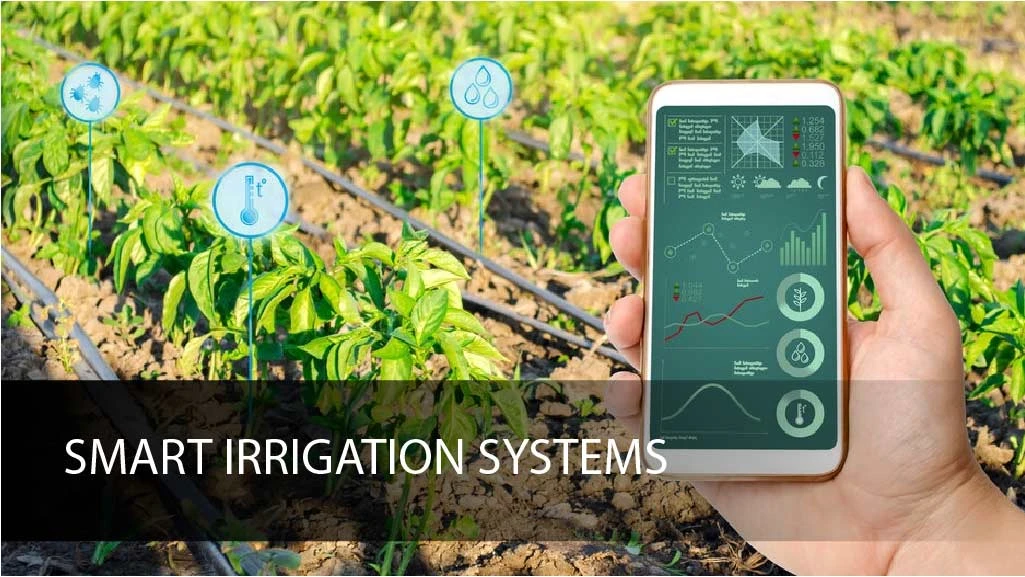
Smart irrigation systems are used to control water usage in agriculture. They work by using sensors to measure moisture levels and then start spraying water through valves or drip mechanisms. These systems help conserve water and improve plant health.
Future Scope of Modern Technology in Agriculture
Due to the increase in population, there is a high demand for food to fulfil the needs of the nation's people, so more land will be required to be converted for agricultural purposes. As the nation strives for food security, sustainable farming practices enabled by modern agricultural technologies will ensure a flourishing and adaptable agricultural sector for future generations.
Frequently Asked Questions On Innovation of Indian Agriculture with Modern Technology
1. How is a modern technology used for agriculture?
Modern technology helps in monitoring, mapping, and managing agricultural requirements, which results in the better crop production and reduced environmental impact.
2. What are the new agricultural technologies in India?
Some of the modern agricultural tools are drones, sensors and agricultural robots which are used to improve the productivity of crops.
3. What are the benefits of modern agriculture?
Better crop yield, protection from soil degradation and less water usage are some benefits of modern agriculture.
4. What are the most common methods of farming used in modern agriculture?
The most common methods of farming used in modern agriculture are precision farming, hydroponics, and vertical farming.


Related Blogs
